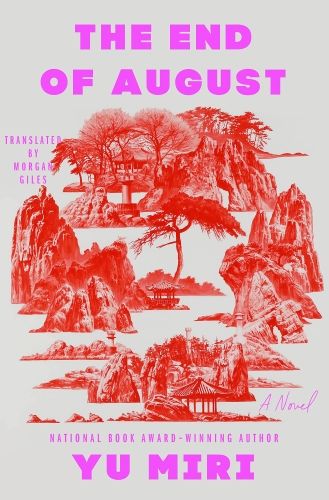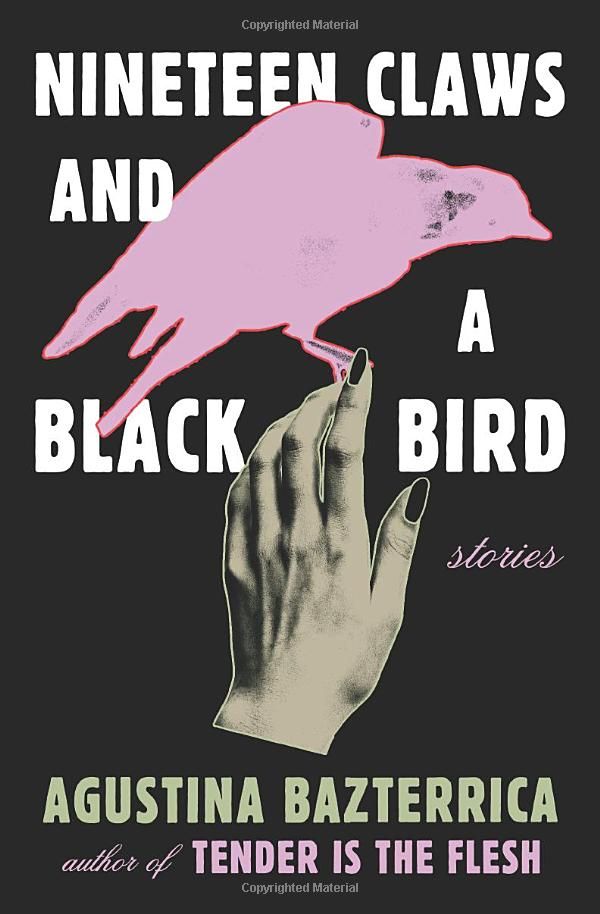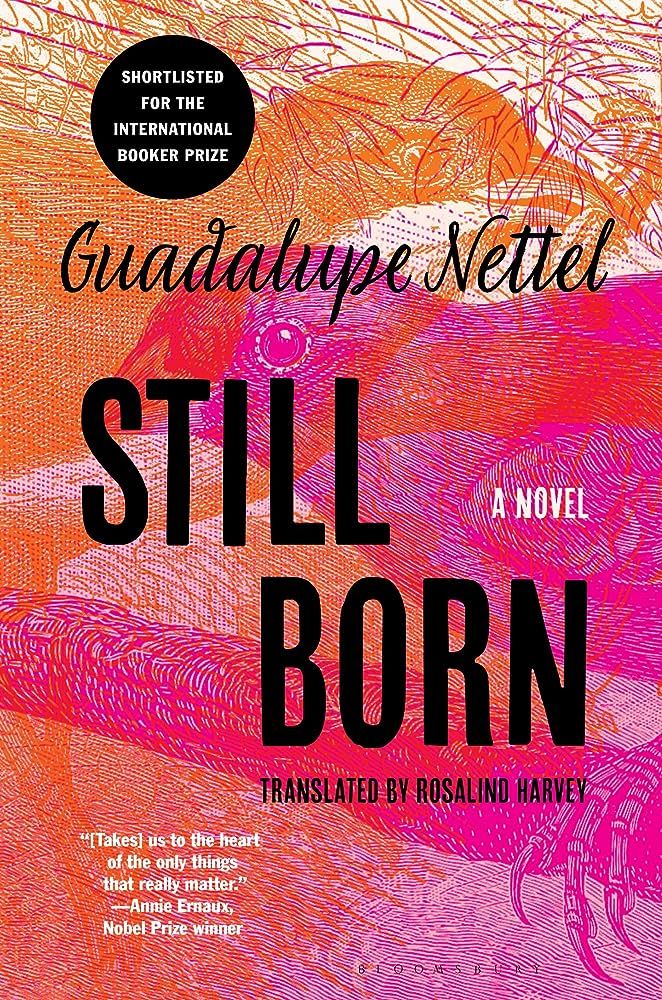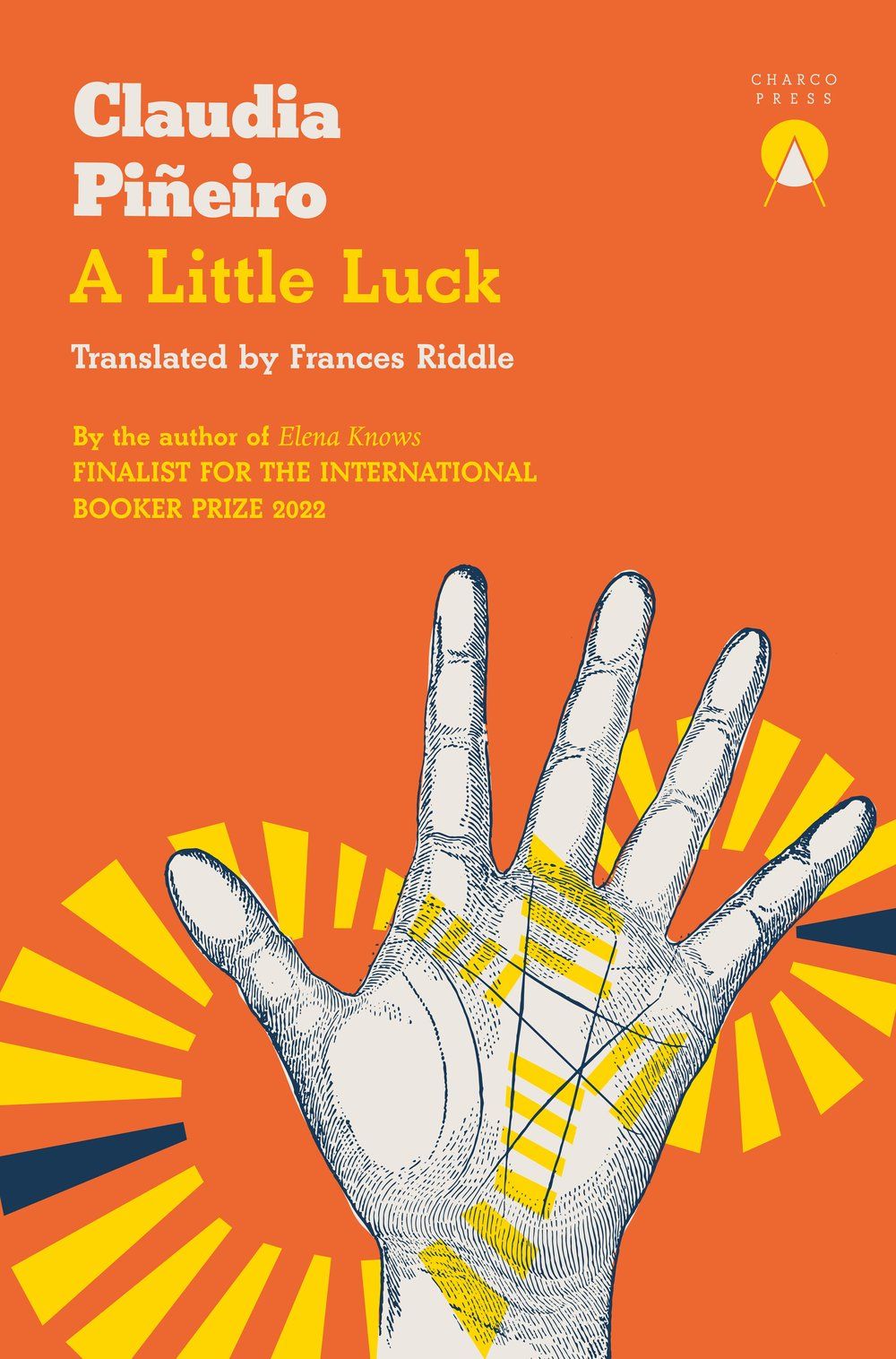
Hot Summer 2023 New Releases by Women in Translation
August is Women in Translation Month! Less than 31% of books published in English translation are written by women, according to numbers pulled from the translation database started by Three Percent and Open Letter and now hosted by Publishers Weekly. Founded by literary blogger Meytal Radzinski in 2014 and now in its ninth year, Women in Translation Month was started to promote women writers from around the world and combat this dreadfully low statistic. As summer rolls around each year, I go through catalogs and read a stack of galleys and pick out some of the titles I’m most excited about published in June, July, and August.
It’s a joy to see Women in Translation Month get bigger each year, with bookstore displays, literary events, excitement on social media, special sales, and all of the books published around this time of year, often by small independent publishers who make it a priority to include and increase the amount of books they publish by women in translation. This year’s list is a thrilling mixture, including English-language debuts, powerhouse novels from returning favorites like Guadalupe Nettel and Yu Miri and translators Rosalind Harvey and Morgan Giles, graphic novels, short story collections, and so much more. I encourage you to check out these hot summer 2023 new releases by women in translation!
Summer 2023 New Releases by Women in Translation

Dogs of Summer by Andrea Abreu, translated by Julia Sanches
I love novels of summer. The kind that captures the sticky heat and restlessness that seeps into everything. Life is just a little more intense in the summer. The emotions are a little closer to the surface. It’s as if someone forgot to turn the volume down, even though the pace of the world has slowed. Set in a working-class neighborhood on the Canary Islands, near the volcano of northern Tenerife, Dogs of Summer is a perfect summer novel that follows two best friends as they come of age and their friendship begins to simmer with desire and violence. The writing is a crave-inducing mix of bachata lyrics, Canary dialect, and the language of girlhood — gritty, wild, poetic — an exquisite feat by debut author Andrea Abreu and renowned translator Julia Sanches. (Astra House, August 8)

The End of August by Yu Miri, translated by Morgan Giles
Like so many others, I was enamored with the elusive and devastating Tokyo Ueno Station, Yu Miri’s English-language debut brought into haunting prose by translator Morgan Giles which went on to win the National Book Award. To English-language readers, it will appear as if The End of August is a follow up, but it was actually published in Japan in 2004, years before the Japanese release of Tokyo Ueno Station. Nonetheless, both books have similar touchstones, including the Olympics, ghosts, and scathing critiques of imperialist systems. The End of August is epic in its scale, though: a masterful and sweeping novel of the Zainichi Korean experience that reckons with a history of violence and the people caught in its midst. (Riverhead, August 1)

Nineteen Claws and a Black Bird: Stories by Agustina Bazterrica, translated by Sarah Moses
Agustina Bazterrica is an Argentinian novelist and short story writer, known for her compelling and provocative novel Tender Is the Flesh, which won the prestigious Premio Clarin Novela and many admirers in a thrilling English translation also by Sarah Moses. While not for the faint of heart, these subversive stories of misogyny, power, and violence are endlessly strange and surprising, dark and disturbing, and will be perfect for fans of Mariana Enríquez and Ha Seong-Nan. (Scribner, June 20)

Still Born by Guadalupe Nettel, translated by Rosalind Harvey
If you’ve been dying for more after reading the sharp and stunning After the Winter by Guadalupe Nettel and translated by acclaimed translator Rosalind Harvey, then you’re in luck. In Still Born, Nettel chronicles the lives of two young women in their 30s as they make the decision to have children. The two friends come to very different conclusions, altering the trajectory of their lives and friendship but they ultimately stay close. Nettel writes intimately of the women’s lives — their choices, their concerns, and ultimately their community — in prose that is compelling and complex, bracingly honest and yet heartrending in another thoughtful translation by Harvey. (Bloomsbury, August 8)

Offshore Lightning by Saito Nazuna, translated by Alexa Frank
Drawn & Quarterly has the most fantastic offerings of literature in translation, so I was thrilled to hear about this new collection by Saito Nazuna. Offshore Lightning collects pieces from her decades-long career, both from the height of her career in the 1990s and her return to drawing in the 2010s, and introduces her work to a new audience with the inclusion of an essay by scholar Mitsuhiro Asakawa. Her pieces swirl around themes of family, memory, and aging in postwar Japan. They are grounded in reality and the every day, profound in their examination of the ordinary. Saito believed that “even supporting characters have their own lives” and that thread runs through this collection. I’m grateful to translator Alexa Frank and the publisher for bringing this book and their other offerings by women in translation like Talk to My Back by Yamada Murasaki and The Sky is Blue with a Single Cloud by Kuniko Tsurita, both translated by Ryan Holmberg, to readers. (Drawn & Quarterly, July 11)

The Details by Ia Genberg, translated by Kira Josefsson
“After a few days of the virus in my body I come down with a fever, which is followed by an urge to return to a particular novel.” The Details was first described to me as a novel perfect for fans of Rachel Cusk, Lucia Berlin, and Annie Ernaux — nothing could make me move faster to get my hands on a copy. The novel won the August Prize for Best Fiction and the Aftonbladet Literary Prize in Sweden and is Ia Genberg’s first book to be translated into English. It follows an unnamed narrator bedridden with an ever-increasing fever, as she thinks about people from her past who made a profound impact on her life but are no longer in it. These four portraits are all about the details, exquisitely told. An intoxicating and imaginative novel of memory and humanity. (HarperVia, August 8)

A Little Luck by Claudia Piñeiro, translated by Frances Riddle
Claudia Piñeiro is a critically acclaimed and bestselling crime writer in her native Argentina with a growing following internationally. Blending crime fiction with incisive political commentary and poignant personal narrative, she is the third most translated Argentinean author, after Borges and Cortázar. Notably, she was also an active figure in the legalization of abortion in Argentina, among other campaigns like the #NiUnaMenos movement against femicide. Her last novel Elena Knows was a finalist for the 2022 International Booker Prize. A Little Luck follows Mary Lohan as she travels to Buenos Aires, but two decades earlier she lived in Buenos Aires as María Elena. The details of her life and reinvention are revealed with all of the skill of a great crime writer. This is a story of secrets and loss, thoughtfully structured and thrillingly executed by acclaimed translator Frances Riddle. (Charco Press, July 11)

To the Forest by Anaïs Barbeau-Lavalette, translated by Rhonda Mullins
“I find a splinter under my skin. The memory of a forest.” In To the Forest, screenwriter, director, and novelist, Anaïs Barbeau-Lavalette writes semi-autobiographically about the return of two families to an ancient country house at the beginning of the pandemic. It feels almost as if time and nature have taken over the home and their new lives. The novel is one of history and memory, of family and nature. Award-winning translator Rhonda Mullins brings all of the wild earthiness of the language to the page, fragmentary and poetic, a mixture of darkness and light. (Coach House, June 20)
For more great reads by women in translation, check out this list of 50 Must-Read Books by Women in Translation.








